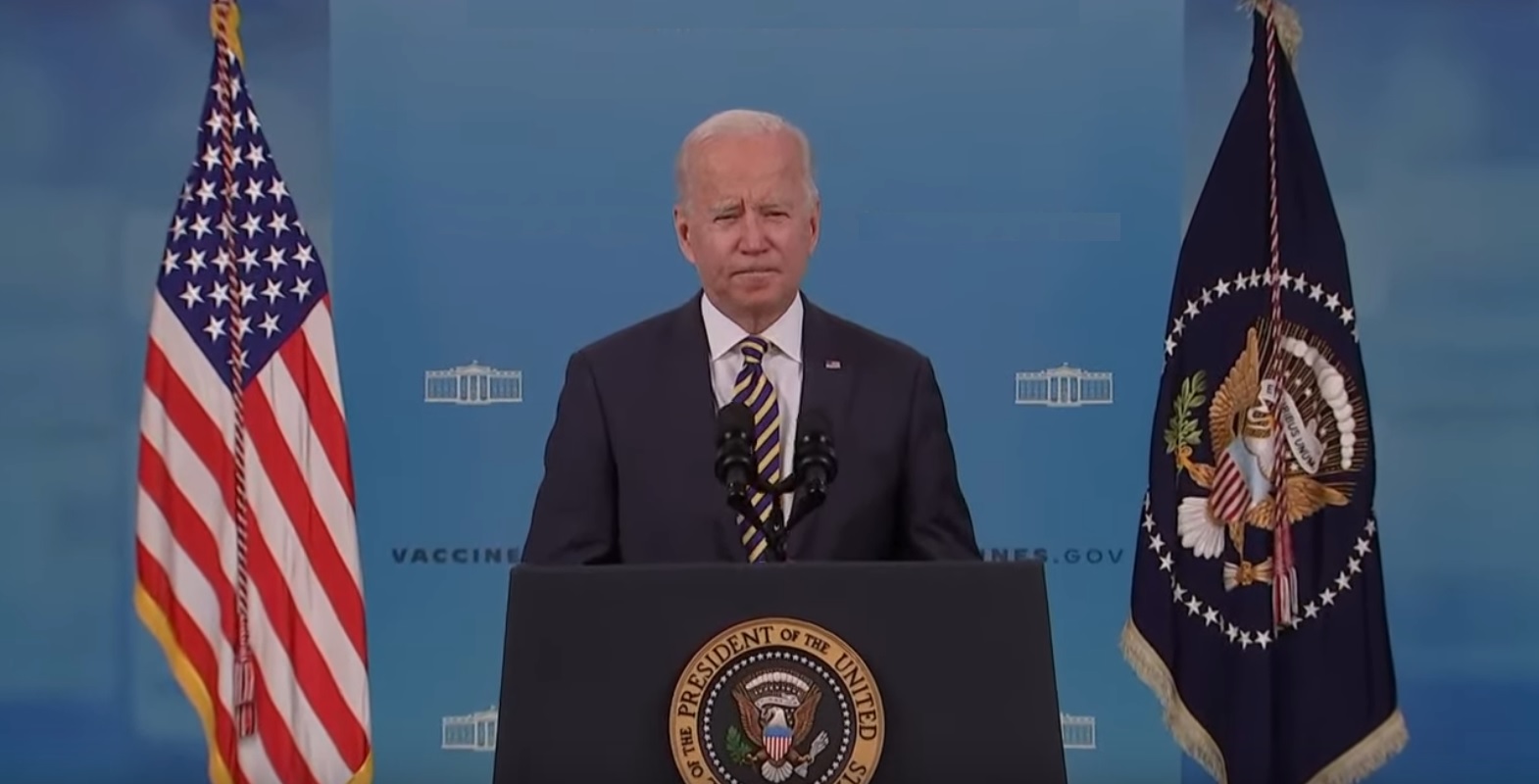By National Cattlemen’s Beef Association,
The National Cattlemen’s Beef Association (NCBA) and Public Lands Council (PLC) criticized the Biden administration’s unilateral decision to put sweeping federal designations on millions of acres surrounding the Bears Ears National Monument and Grand Staircase-Escalante National Monument in Utah.
After months of rhetoric touting their intent to work collaboratively with state governments and local communities, the administration opted to make these designations rather than create a conservation strategy that would incorporate local stakeholder input and avoid the management whiplash of a unilateral federal designation.
By ignoring efforts to reach a constructive, permanent solution, the administration has prolonged the back-and-forth political football that occurs with national monument boundaries during each change of administration.
“Rural states and communities across America are, sadly, all too familiar with the federal government’s routine of feigned partnership. Monument designations may bring the White House closer to scoring ‘conservation’ points on paper but in reality, they lead to the kind of preservation strategies that we know from experience do not support healthy ecosystems long-term,” said NCBA Executive Director of Natural Resources and PLC Executive Director Kaitlynn Glover.
“Conservation is more than signing a piece of paper and considering the matter closed. Conservation requires long-term planning. Conservation requires active management. Conservation requires the help and investment of knowledgeable land users, local residents, and state leaders who can perform the day-to-day work of maintaining landscapes and ecosystems. We will deliver that message to President Biden and his team as many times as needed,” she added.
Today’s proclamations expand Bears Ears to a total of 1.36 million acres and Grand Staircase-Escalante to 1.87 million acres, directly in conflict with the Antiquities Act’s direction to designate the “smallest area compatible” with the desired protections.
Designations made under the Antiquities Act — now more than a century old — prohibit many land management tools. Restricting local communities’ ability to respond quickly and nimbly to historic drought, record-breaking wildfire seasons, and a host of other environmental challenges is not a sustainable strategy for land management.
NCBA and PLC ranchers will continue to work with local Bureau of Land Management teams, conservation and wildlife groups, rural communities, and state governments to employ multi-faceted land management strategies that protect America’s most iconic landscapes for generations to come.
Disclaimer: Articles featured on Oregon Report are the creation, responsibility and opinion of the authoring individual or organization which is featured at the top of every article.


